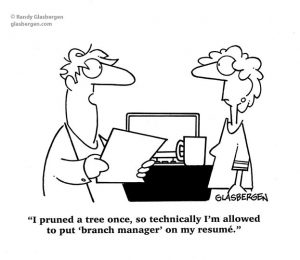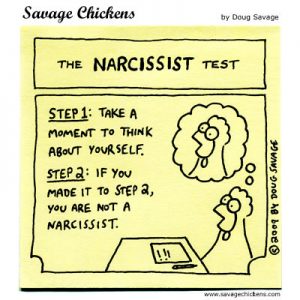One Final 292 Disagreement
With respect to the recent completion of the Case Project, I thought it would be interesting to comment on my teammate’s blog post “Is Defining Roles Always a Key to Team Success?” Dhruv Bhagat writes in his post that based on his experience, successful efforts were because team members had chosen their roles and took responsibility to deliver them on time and to the best of their ability.
Our Case Project was different from our Fantasy project in that the first few steps of the Case Project were critical to be done as a team. It was not until the later steps that each team member could decide on one aspect of the project that they will focus on. As the individual components were completed, we regrouped to come up with our finished product.
I disagree with Dhruv because as evident from his post, he believes that our group was only successful in the Fantasy Project because we defined our roles. As I witnessed in our Case Project, however, sometimes the situation demands for equal collaboration on each step to come up with exactly what our group  was trying to get across. Some roles made sense to define, such as the roles of final report writing versus presentation creating but even then these roles were divided among two or more people. Ultimately though, this project was only going to be successful if strict roles were not implemented so each team member could supply their ideas in any part of the project where they could see a possible improvement.
was trying to get across. Some roles made sense to define, such as the roles of final report writing versus presentation creating but even then these roles were divided among two or more people. Ultimately though, this project was only going to be successful if strict roles were not implemented so each team member could supply their ideas in any part of the project where they could see a possible improvement.
Dhruv also mentions his experience of a disagreement about role allocation. We saw something similar to this while working on our Case Project. One team member felt as if they did not get to contribute enough with which parts of the project they were allocated. As Dhruv states in his post, “this is when it is important for the members to discuss the problems and come to a consensus.” In this case, it was easy to re-divide up the work in a way that made everybody happy. I feel very fortunate that we had a team where members always wanted more work and more say because, in my opinion, success is based on how invested each team member is in the ultimate goal.



 coming in from Mexico and the Islamic religion. His voting demographic is derived from his outrageous claims that cater to people’s fears. The fact that Trump even has a shot at presidency speaks to the fact that America is a nation (at least by half) that prefers structure and is uncomfortable with ambiguity.
coming in from Mexico and the Islamic religion. His voting demographic is derived from his outrageous claims that cater to people’s fears. The fact that Trump even has a shot at presidency speaks to the fact that America is a nation (at least by half) that prefers structure and is uncomfortable with ambiguity.
 eople you work with are your teammates too. Moreover, I didn’t realize that not everyone is accustomed to working with others on a team.
eople you work with are your teammates too. Moreover, I didn’t realize that not everyone is accustomed to working with others on a team.
